In a world saturated with trendy isolation workouts and endless gadgetry, the foundational value of full-body movement often gets overshadowed. But if you're looking to build real strength, improve mobility, and train with purpose—returning to the basics of full-body workout movements is one of the smartest decisions you can make.
Why Full-Body Training Matters
At its core, full-body movement exercises train your body the way it naturally moves: as an interconnected system. You don’t use just your biceps to pick up groceries or only your quads when climbing stairs. Instead, your body works as a unit—so your workouts should reflect that. Engaging in whole body movement exercises can activate more muscles at once, elevate your heart rate, and improve functional strength.
What Counts as a Full-Body Workout Move?
Not all movements are created equal. A proper full-body exercise move should engage multiple major muscle groups simultaneously, ideally crossing both upper and lower body effort. Here are some standout examples:
-
Deadlifts – Posterior chain, core, grip, and legs.
-
Burpees – Cardio, legs, arms, and coordination.
-
Kettlebell Swings – Hips, glutes, core, and shoulders.
-
Squat to Press – Legs and shoulders with a dynamic transition.
Even a simple 4-exercise full body workout combining squats, rows, planks, and push-ups can work wonders. The point isn’t complexity—it’s total body movement with purpose.
How These Movements Support Everyday Life
Training with body movement exercises not only enhances muscle strength but also improves posture, balance, and reaction time. Activities like body movement workouts help prevent injury by conditioning your stabilizers and smaller muscle groups that are often neglected in machine-based training.
Think of it this way: the stronger your muscles full body coordination, the better you'll perform in sports, daily chores, or even playing with your kids.
My Take: Simplicity Over Sophistication
For years, I followed split routines—chest day, leg day, back day—only to find I was strong in parts, but weak as a system. My turning point came during a hiking trip that involved steep climbs, bouldering, and carrying a loaded pack. Despite being “gym strong,” I felt slow, stiff, and exhausted. That’s when I shifted my focus to full body movement exercises, and the difference was night and day.
Training with compound moves like lunges with rotation or loaded carries rebuilt my strength from the ground up. I felt more agile, more stable, and more capable—inside and outside the gym.
Getting Started: Keep It Practical
You don’t need expensive equipment or a gym membership to benefit. A few full-body workout movements you can try at home include:
-
Bodyweight Squats + Arm Reach
-
Push-Up to Downward Dog
-
Reverse Lunge with Twist
-
Plank to Shoulder Tap
Aim for 2–3 rounds of 10–15 reps per move. Focus on control, breathing, and keeping your core engaged. Over time, these full-body moves will reshape not just your physique, but also how you move through life.
Final Thought
Whether you're a beginner or advanced, returning to whole body movement principles offers unmatched value. It’s not just about looking strong—it’s about being strong, balanced, and resilient in everything you do.

















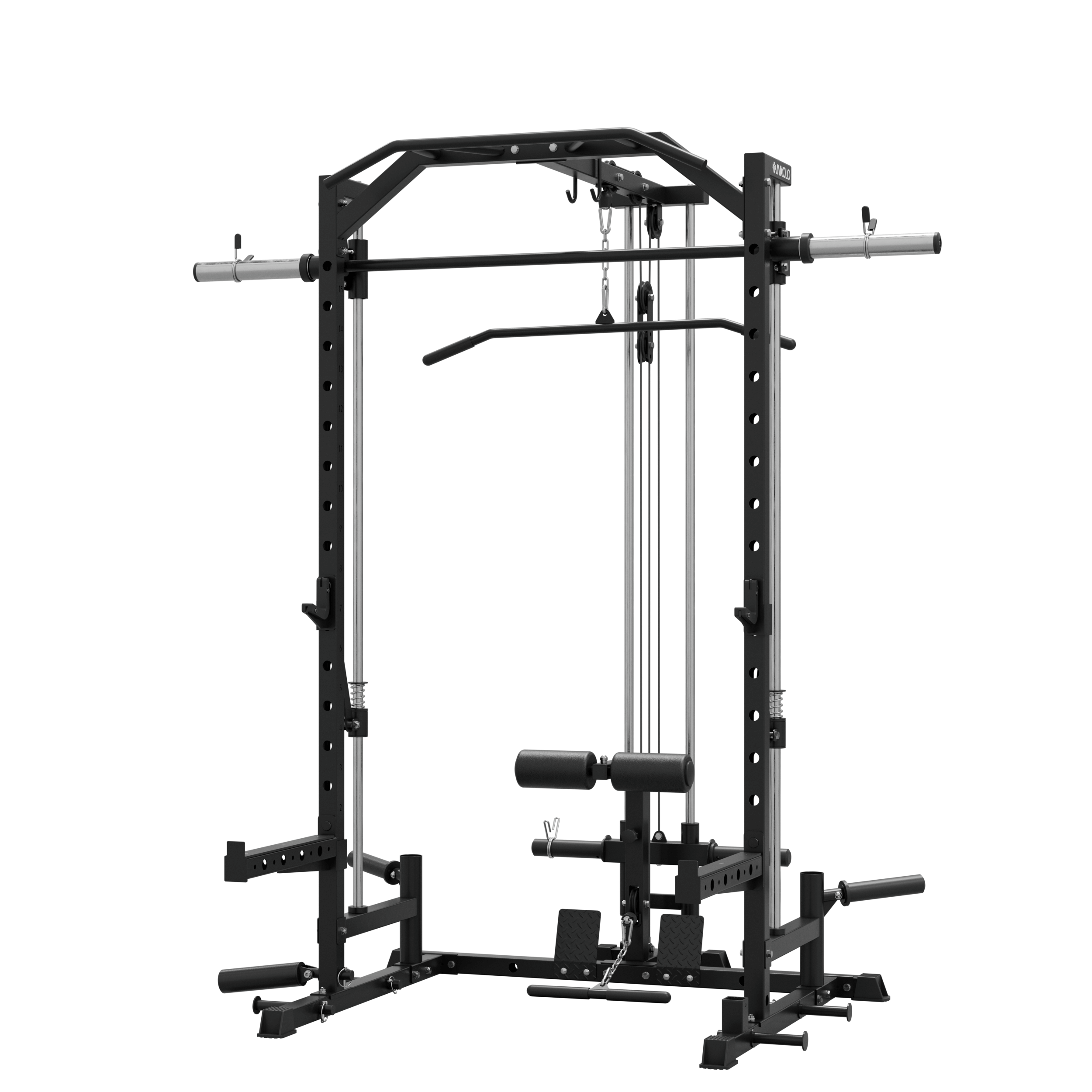


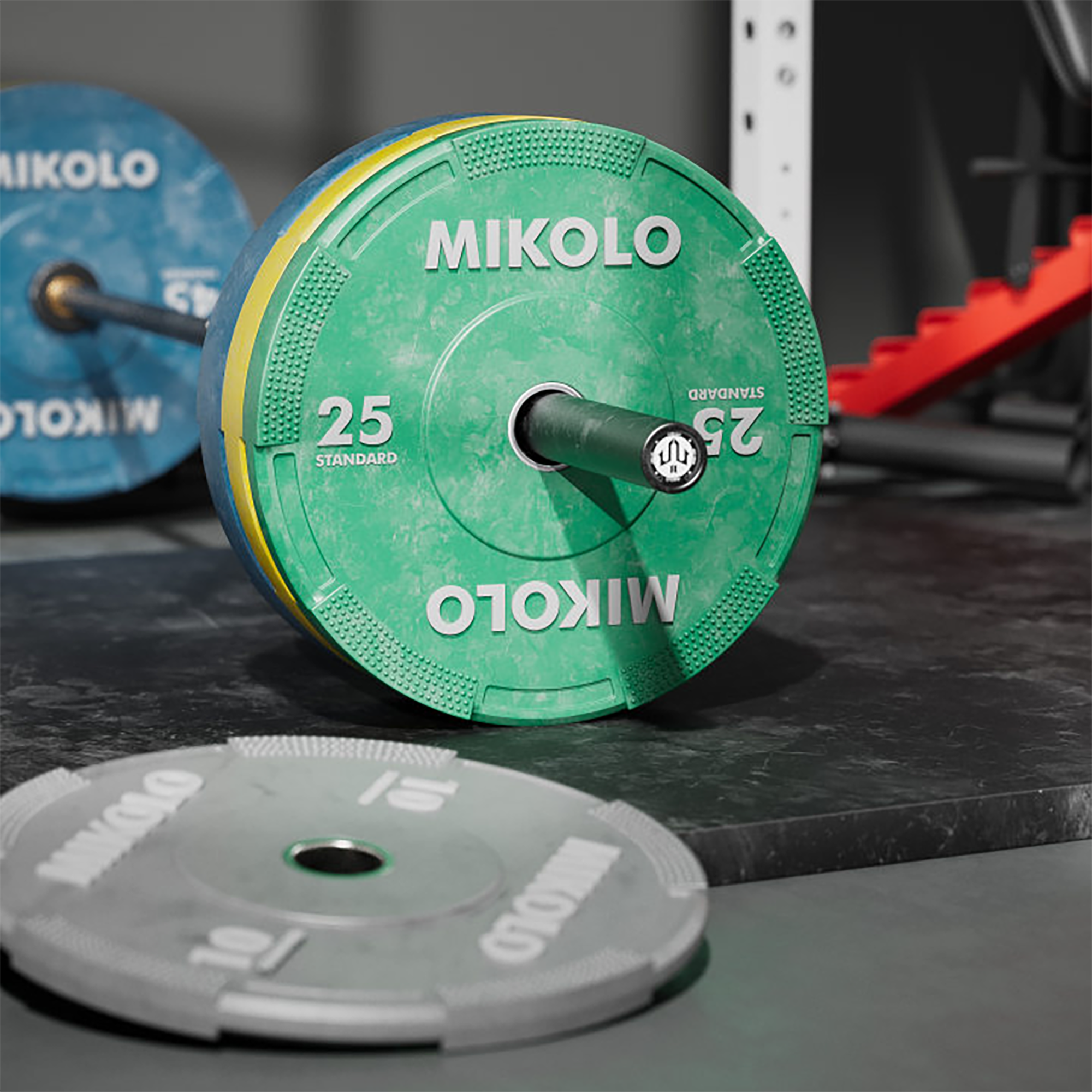







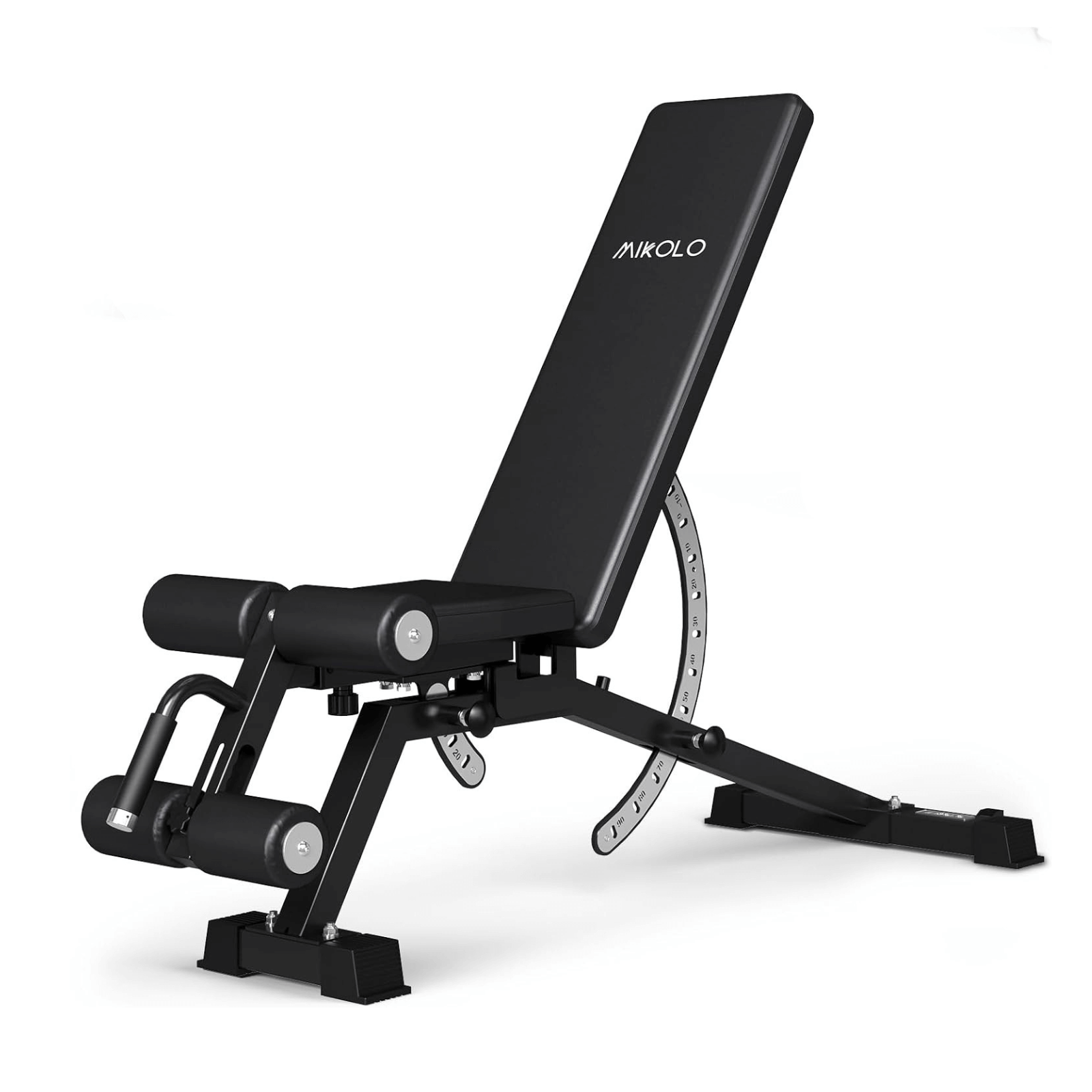




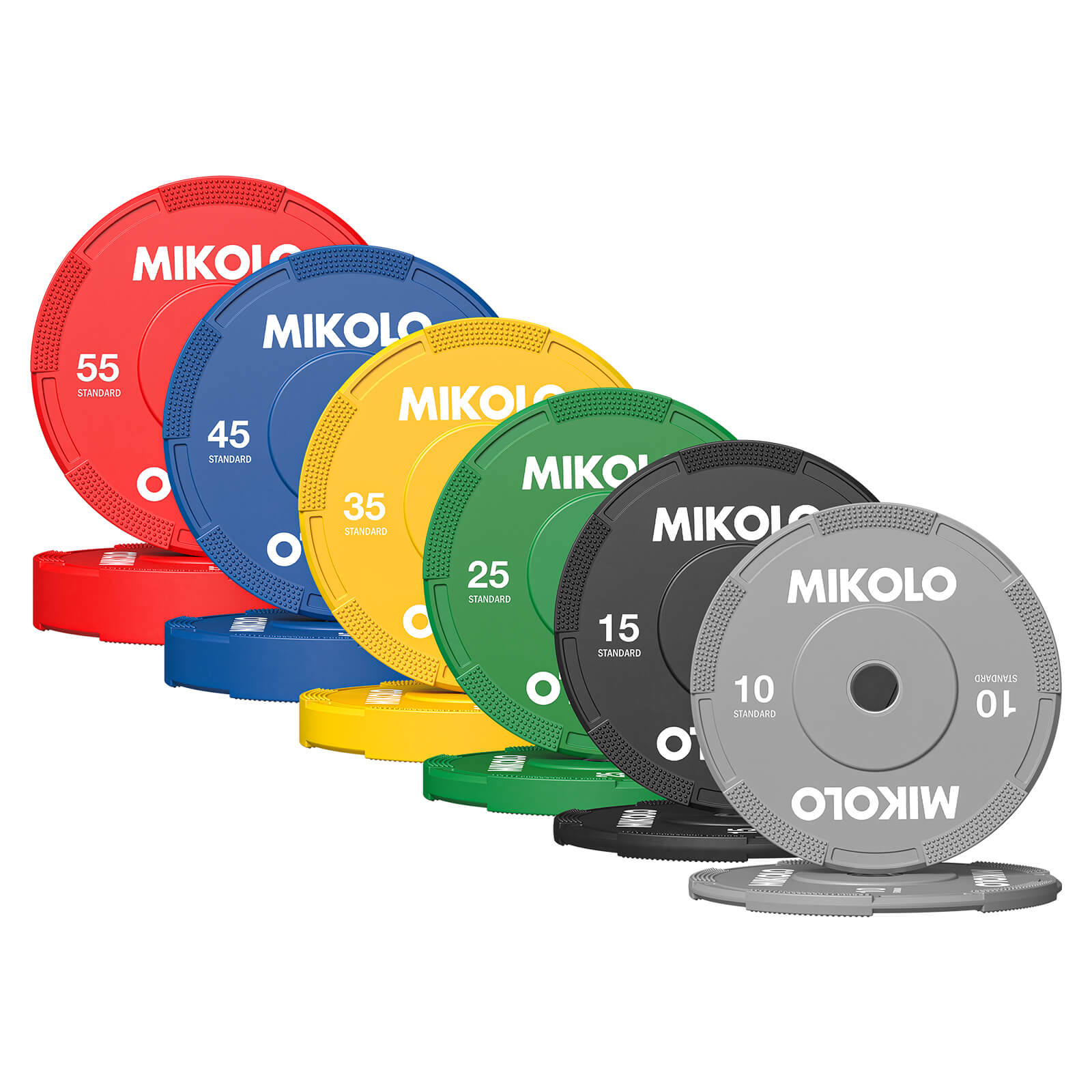


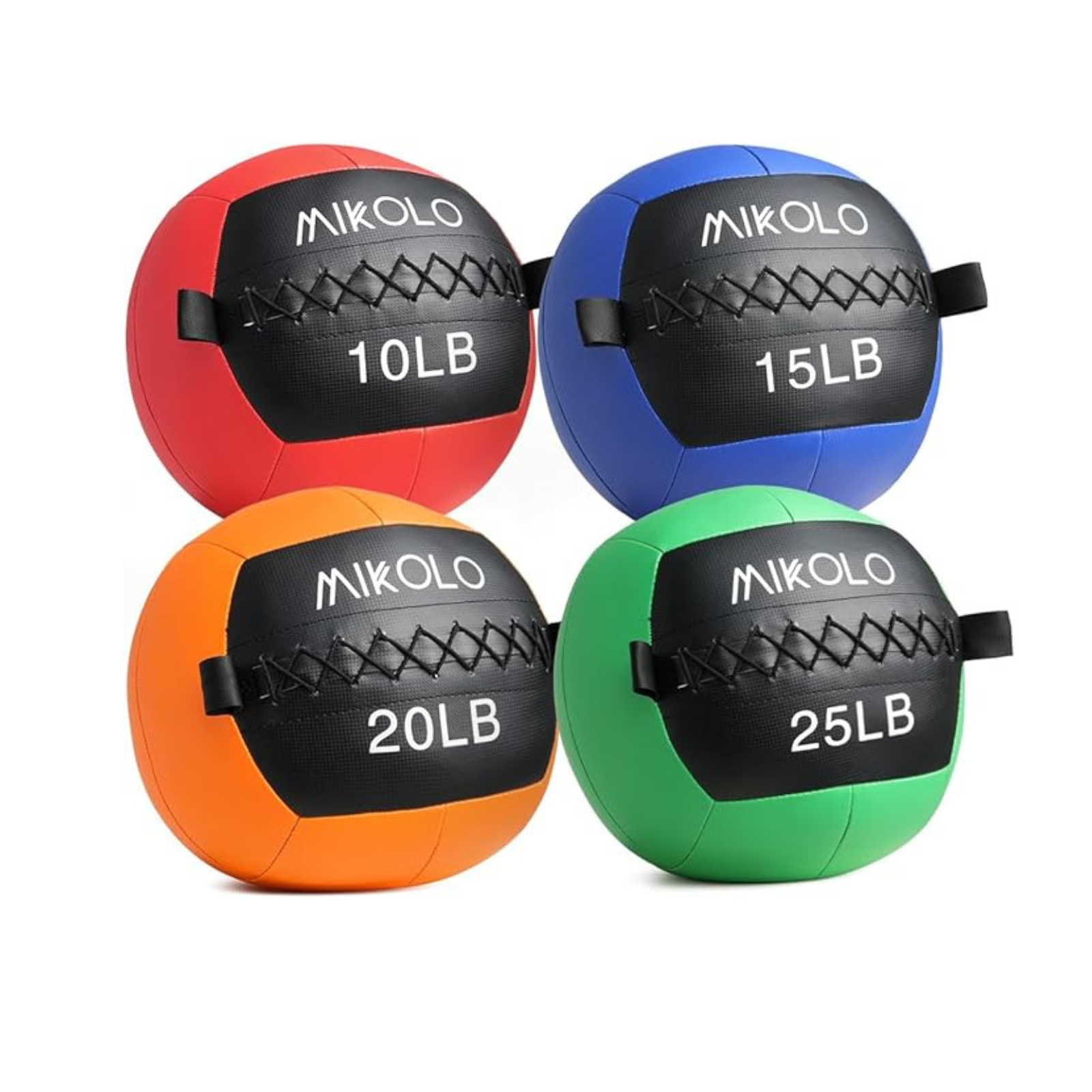
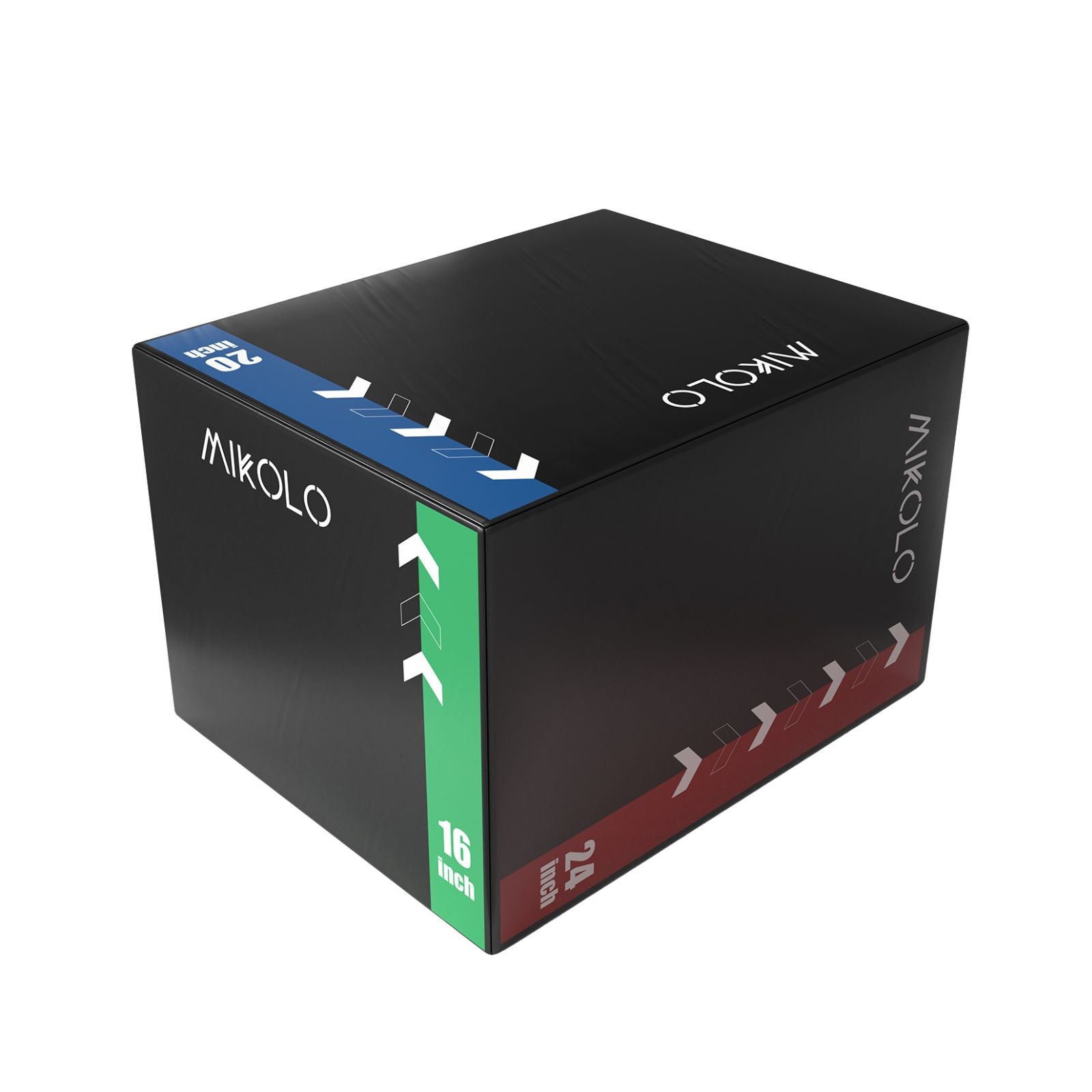







Leave a comment
This site is protected by hCaptcha and the hCaptcha Privacy Policy and Terms of Service apply.